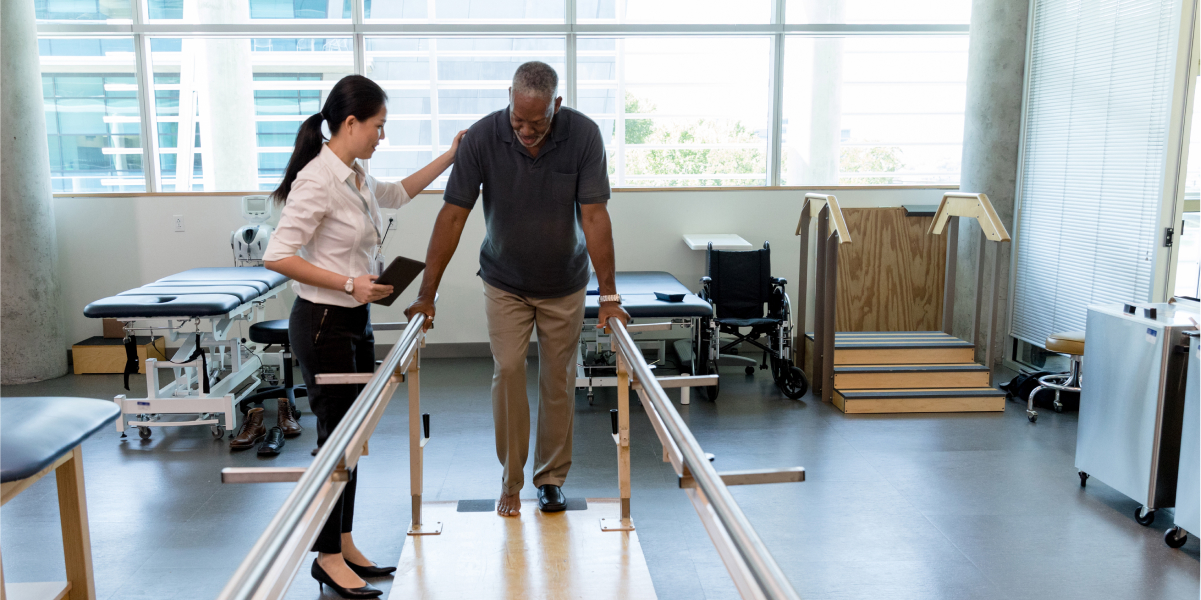Trampoline Parks: Fun or Dangerous?
A recent report showed that trampoline park injuries are increasing across the country. Trampoline parks are indoor facilities that provide numerous trampolines and other types of entertainment. They are popular for birthday parties and other events. Often, the entire floor of a section of a trampoline park will be made of trampoline material—allowing children the opportunity to hop and bounce all over. Many adults often enjoy these parks as well, as many parks advertise workout programs or other events targeted toward older customers. Unfortunately, many trampoline parks are inherently dangerous, and kids and adults alike can suffer serious injuries.
Trampoline parks are a popular recreational activity. As of 2014, over 345 parks had opened across the country. Trampoline parks are often large and feature numerous areas of trampolines for guests to jump on, as well as other activities, like foam pits. In many trampoline parks, guests are able to jump across spans of 50 feet. However, our Georgia personal injury lawyer says that close to 100,000 injuries are reported in trampoline parks every year, ranging from bruises and muscle soreness to more serious injuries, such as spinal fractures and paralysis. One frightening statistic showed that there were 22 deaths tied to trampoline parks from 2000 to 2009.
Why do so many injuries occur in trampoline parks?
There are no federal regulations that apply specifically to trampoline parks. Only two states, Michigan and Arizona, have specific laws that apply to trampoline parks. The trampoline park industry currently regulates itself, and many of their safety guidelines are actually voluntary. The trampoline park industry argues that every type of physical activity is risky in its own way.
At trampoline parks, falls are a common culprit for injuries. Many individuals fall on the padded borders between trampoline areas, which can be pretty hard. Other injuries occur when several people jump on a trampoline at one time, or when they attempt to flip in the air.
Liability waivers
Trampoline parks require guests to sign a waiver before they may participate in any activities. Some of these liability waivers excuse a trampoline park from serious injuries or death. Some individuals may not fully understand what they are signing and may feel pressured to quickly sign the document.
However, in some situations, an individual may be able to sue even if a liability waiver was signed. For example, if the language of the waiver was ambiguous, the waiver may be ineffective. The waiver must clearly describe the situations in which the trampoline park will not be liable for any injuries.
Additionally, if the waiver hides important language, it can also be ineffective. If you sign a document but do not see a sentence in the waiver because it is in a very small font, or if it is hidden in some other way, the waiver may not stand.
Finally, a trampoline park cannot waive liability for gross negligence or intentional acts. For example, if an employee in the trampoline park pushes another individual, and that individual falls and breaks his arm, the trampoline park could be liable for the resulting injury. Similarly, if an employee notices a toddler in the play area and fails to either remove the toddler or notify the toddler’s parents that the area is not safe for young children, the trampoline park may face liability if the child is subsequently injured.
Although many guests do enjoy trampoline parks without issue, the risk of injury is high. With the assistance of an experienced personal injury attorney, injured victims may be able to recover damages against trampoline parks.
Put Our Law Firm’s Over 39 Years Of Legal Experience To Work For Your Case!
If you or a loved one has been injured in an auto accident caused by someone else’s negligence, contact Montlick Injury Attorneys today for your free consultation with an experienced Personal Injury Lawyers in Georgia. Montlick Injury Attorneys has been representing those who suffer serious injuries throughout all of Georgia and in the Southeast for over 39 years, including but not limited to Albany, Athens, Atlanta, Augusta, Columbus, Gainesville, Macon, Marietta, Rome, Roswell, Savannah, Smyrna, Valdosta, Warner Robins and all smaller cities and rural areas in the state.
Your Time to File a Claim is Limited By Georgia Law
There are time limitations for bringing a claim. Be sure to read our “Georgia Statute of Limitations” page for more information about important deadlines that effect your ability to file an injury claim. We also provide a “A Guide to Personal Injury Law in Georgia” that will help you better understand the laws the affect your case.
No matter where you are located our attorneys are just a phone call away, and we will even come to you. Call us 24 hours a day/7 days a week for your Free Consultation at 1-800-LAW-NEED® (1-800-529-6333). You can also visit us online at www.Montlick.com and use our Free Case Evaluation Form or 24-hour Live Online Chat.
Sources:
http://abcnews.go.com/US/big-bounce-trampoline-parks-puts-safety-spotlight/story?id=30551552
https://www.cpsc.gov/About-CPSC/Agency-Reports/CPSC-Accomplishments-from-2009-2012/
Montlick Injury Attorneys, Attorneys at Law
17 Executive Park Dr NE
Atlanta, GA 30329
Telephone: 1 (800) LAW-NEED
Telephone: 1 (404) 529-6333


